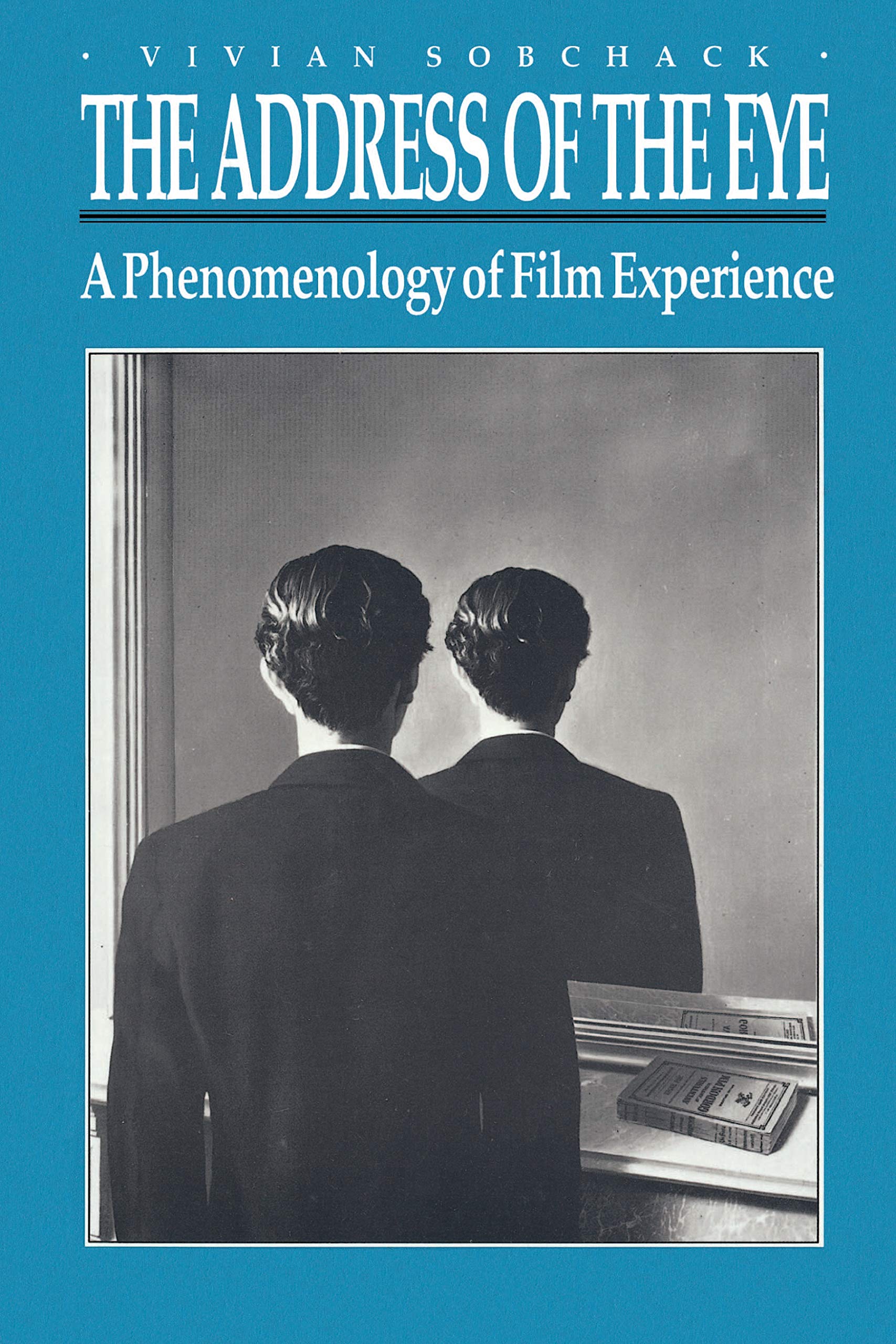

The Address of the Eye: A Phenomenology of Film Experience
3.89(66 readers)
Cinema is a sensuous object, but in our presence it becomes also a sensing, sensual, sense-making subject. Thus argues Vivian Sobchack as she challenges basic assumptions of current film theory that reduce film to an object of vision and the spectator to a victim of a deterministic cinematic apparatus. Maintaining that these premises ignore the material and cultural-historical situations of both the spectator and the film, the author makes the radical proposal that the cinematic experience depends on two "viewers" the spectator and the film, each existing as both subject and object of vision. Drawing on existential and semiotic phenomenology, and particularly on the work of Merleau-Ponty, Sobchack shows how the film experience provides empirical insight into the reversible, dialectical, and signifying nature of that embodied vision we each live daily as both "mine" and "another's." In this attempt to account for cinematic intelligibility and signification, the author explores the possibility of human choice and expressive freedom within the bounds of history and culture.
Publisher
Princeton University Press
Publication Date
5/5/2020
ISBN
9780691213279
Pages
341
Categories
About the Author

Vivian Sobchack
Vivian Sobchack was the first woman elected President of the Society for Cinema and Media Studies, and is on the Board of Directors of the American Film Institute. Her essays have appeared in journals such as Quarterly Review of Film and Video, Film Comment, camera obscure, Film Quarterly and Representations. Her books include Screening Space: The American Science Fiction Film; The Address of the Eye: A Phenomenology of Film Experience; and Carnal Thoughts: Embodiment and Moving Image Culture, and she has edited two anthologies: Meta-Morphing: Visual Transformation and the Culture of Quick-Change; and The Persistence of History: Cinema, Television, and the Modern Event. Her research interests are eclectic: American film genres, philosophy and film theory, history and phenomenology of perception, historiography and cultural studies.
Questions & Answers
Reader Reviews
Loading comments...